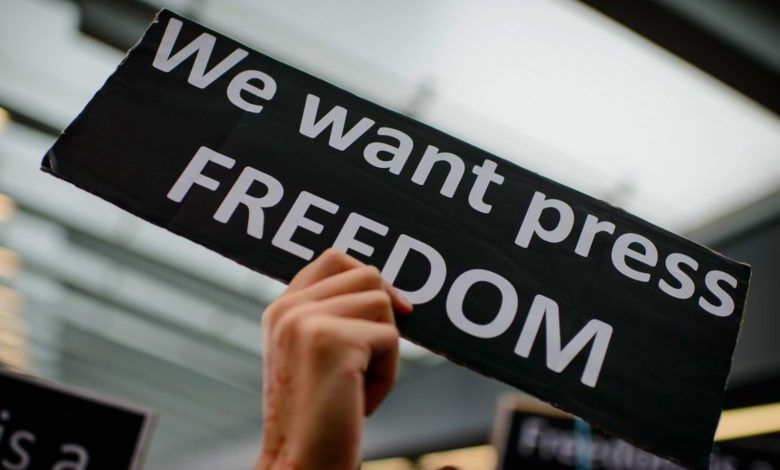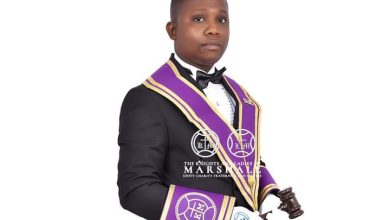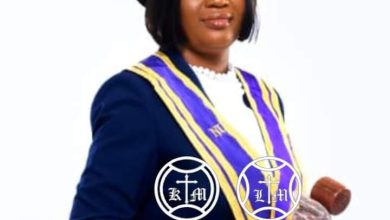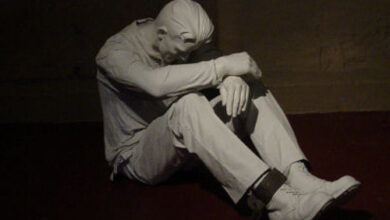
By Dela Ahiawor
Threats confronting journalism in Ghana is not uncommon. But its recurrence is a course of concern for press freedom.
Given that free speech is the lifeblood of democracy-make threats to the media counterintuitive to Ghana’s democratic gains, since Ghana prides itself on being an attractive bet for democratic practice across the continent.
As Ghana hits the homestretch to the December 2024 polls, concerns flare over press freedom last October – when a bunch of enraged youths with allegiance to the governing New Patriotic Party (NPP) raided a live broadcast at United Television (UTV) in Accra, Ghana’s capital city.
Just weeks after, Ghana’s media regulatory body, the National Media Commission (NMC) attempted to put a muzzle on Onua TV and Onua FM for being hard-hitting. This touched a nerve in the Ghanaian body politic. And tongues began to wag!
For many, including international free press watchdog, the Congress of African Journalists (CAJ);
media muzzling is anachronistic and gives one a sense of foreboding, since every new election in Ghana is greeted by a general feeling of apprehension.
Admittedly, actors including government engage in shenanigans aimed at eroding journalistic independence and media freedom for political mileage.
Indeed, one cannot agree more with press freedom fears in Ghana; when the Media Foundation for West Africa reports that, the past decade witnessed not less than 14 attacks on media outlets in Ghana. These attacks and several others epitomize the dire state of media freedom in Ghana.
Thus the need arises to fight off the recurring problem of media muzzling in the bid to safeguard press freedom. In fact, muzzling the media is a national headache.
For the fact that, Ghana’s rank in the 2023 World Press Freedom Index is 62 out of 180 countries -the worst press freedom ranking in 17 years. Point by point, Ghana slipped two places from 60 in 2022 to 62 in 2023.However on the African continent Ghana inched up to 9th position in 2023 from 10th position in 2022.
Giving voice to the attack on Onua TV/ Onua FM, the International President of the Congress of African Journalists (CAJ), Mr. Michael Adeboboye in an interview with CAJ International Magazine recently said: “the attempt by the National Media Commission in Ghana to take Onua TV/Onua FM off the air is condemnable and must be resisted.”
With Africa showing low levels of press freedom since 2003, Mr. Adeboboye urged African leaders to ensure freedom of the press in 2024 to foster the needed development on the continent.”
From the rankings, Egypt and Eriteria are down the ladder. Namibia and South Africa are on the top list, but there’s the need for improvement. However attacks on journalists for exposing allegations of corruption and human rights violations are still largely reported. In Zimbabwe the enactment of Cyber and Data Protection Act is targeted to intimidate and harass journalists and curtail media freedom.
Another instance is Nigeria, where laws are enacted to limit the freedom of the press whereas freedom of the press has the fundamental principle that communication and expression should be a right to be exercised freely. Mauritius enjoys a rather good level of democracy, but there is still work to do as in every country. Apparently, this is the situation in most African countries.




